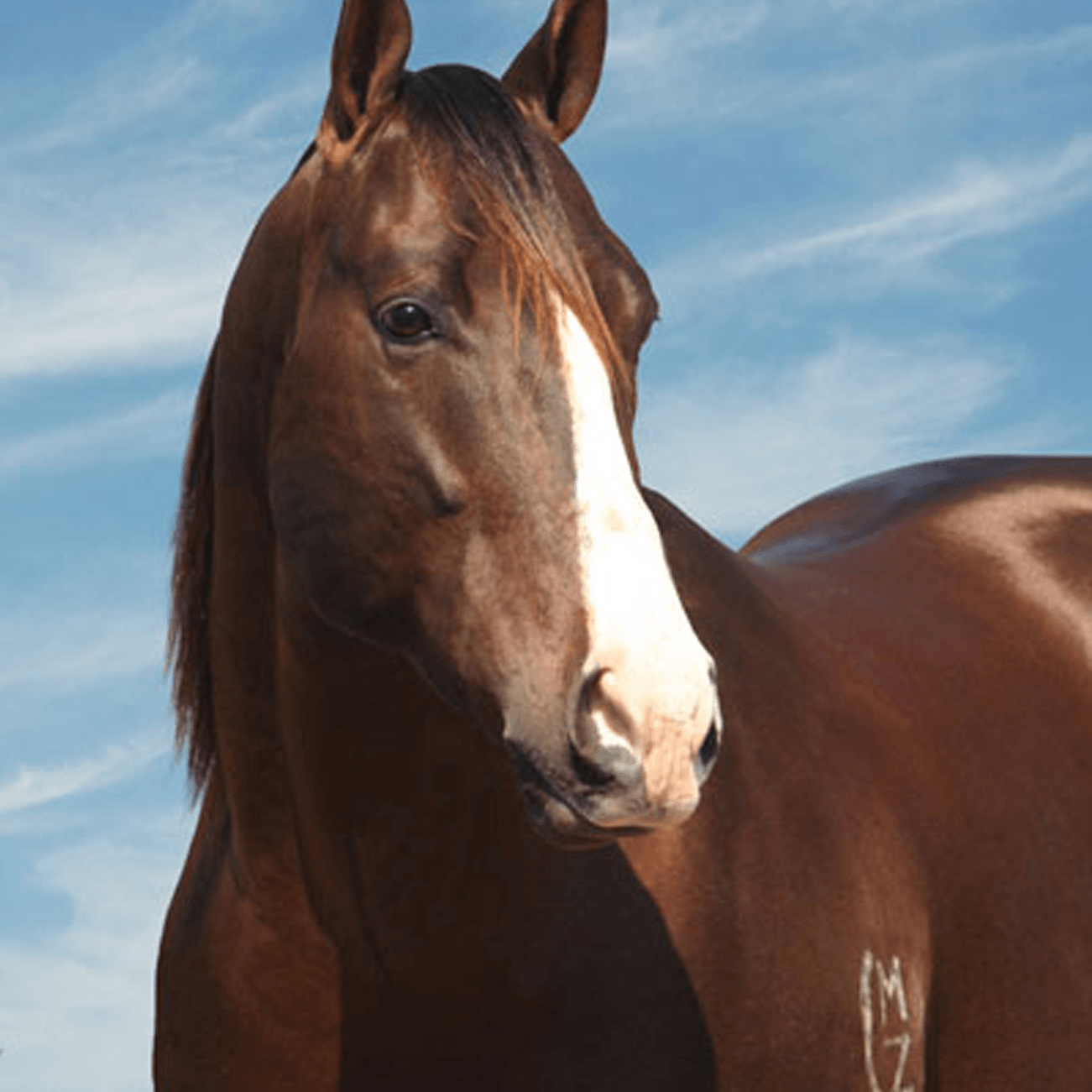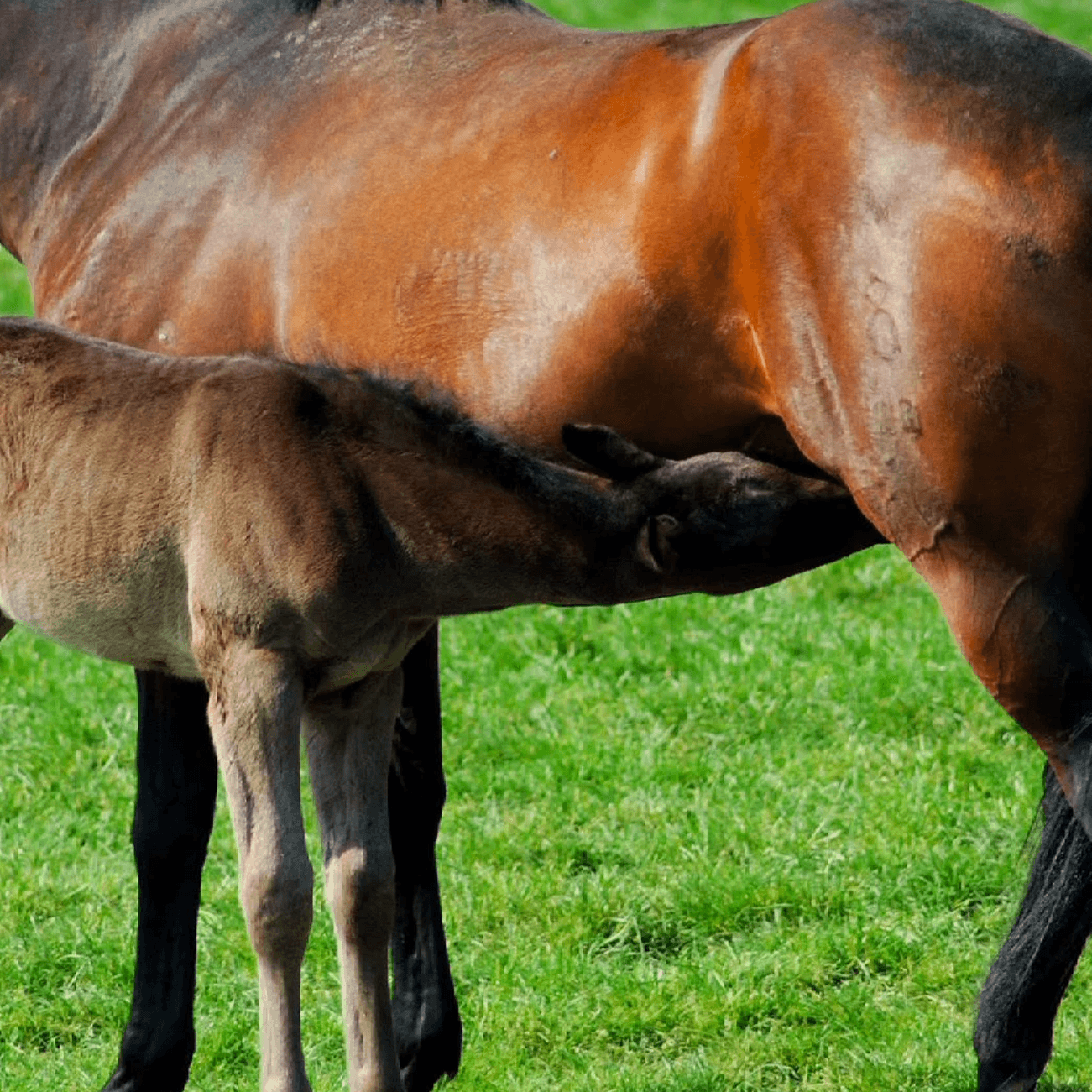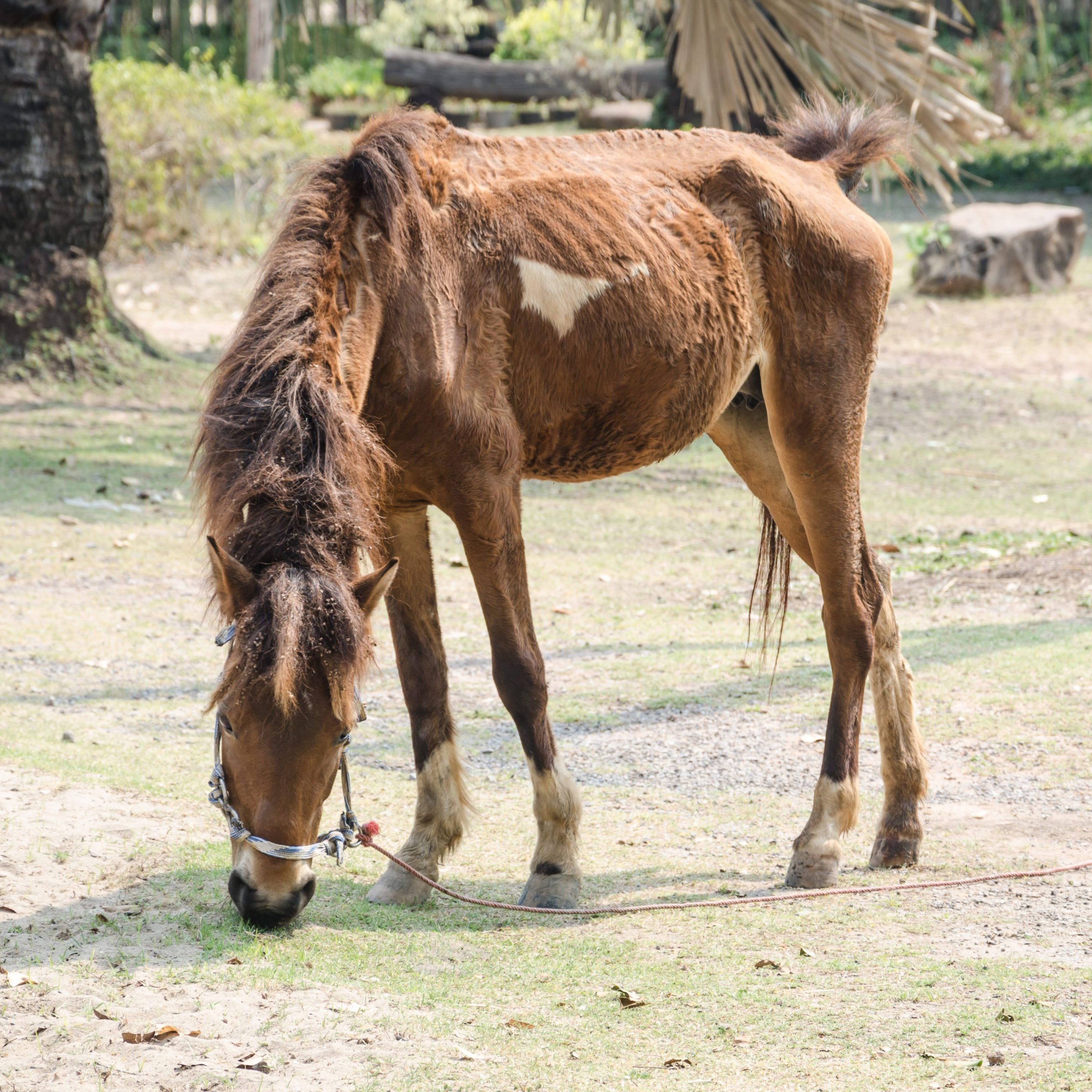Featured
Digestion and Appetite Issues in Horses
Very few situations can be more frustrating than preparing nutritious feed for your horse only to have them turn away without showing any interest. Your horse needs to eat a good diet to meet nutrient and energy requirements, but sometimes, they may avoid the most nutritious ingredients in their feeder.
Jump to Key Section
- What Are Common Causes of Digestion and Appetite Issues in Horses?
- What Causes Poor Equine Digestion?
- How Can You Quickly Detect Early Signs of Digestive Distress?
- How to Boost Appetite in a Horse
- Get Zesterra® for Improved Appetite and Equine Digestion
What Are Common Causes of Digestion and Appetite Issues in Horses?
If a horse is hungry and it’s not sick, it should eat the feed you provide. It should follow its natural instincts to survive. But after doing all you know to do without success, you may be asking, “Why won’t my horse eat anything?” Below are some reasons they may not eat what you provide:
- Abrupt changes in feed: Horses like to stick to their adopted eating habits. So, all changes to their diet should be made gradually, especially with picky horses.
- Low-quality feed: Horses sniff their feed before eating. That’s why any ingredient that turns them off can lead to rejection. Make sure there are no rancid or moldy items in the feed.
- Mineral or vitamin deficiencies: Inadequate supply of B vitamins in the digestive system may reduce appetite. This situation can happen when B vitamins produced by microbes are insufficient. It can also occur when the horse is passing through intense training or going through competitions. A supplement like Zesterra® can help increase the presence of healthy microbes that will produce more B vitamins.
- Poor living conditions: Keeping a horse isolated in a restricted, dark stable can lead to depression. Also, bullying by other horses can make a horse lose interest in eating.
- Sickness or injury: A horse that’s in pain or depressed due to illness will naturally lose appetite. Unfortunately, ill horses need to eat more to absorb nutrients for quick recovery.
- Intense training: As horses train harder, they could lose their desire to eat. It’s important to work against a decline in appetite because, as the horse becomes fitter, it needs more dense feed to boost its performance.
What Causes Poor Equine Digestion?
The fact that your horse eats well and is still maintaining a healthy weight doesn’t imply that it has perfect digestive health. Many domesticated and performance horses are in danger of compromised gastro-intestinal tracts. The following conditions can lead to poor digestive health:
- Living in a stall for over six hours every day
- Staying away from a herd for most of the day
- Having limited access to grass or hay for many hours
- Feeding on concentrated grain feeds
- Traveling and competing often




